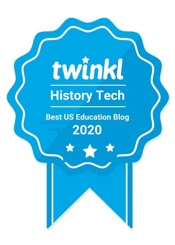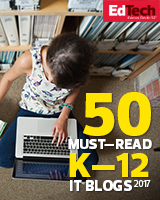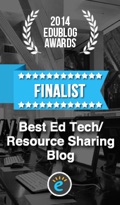How to watch a political debate
For a poly sci major and long time social studies guy like me, presidential elections are the Final Four, Super Bowl, and World Cup all rolled into one. You’ve got the qualifying rounds, the underdogs, press conferences discussing strategy, insider information, accusations of illegal recruiting, poor officiating, and every once in a while some actual game action.
 Tomorrow is the first presidential debate between President Obama and former Governor Romney – the first real game action. As a poly sci guy, I know that the debates will probably not really matter that much. The number of people who have already decided one way or the other is pretty large and the number of actual undecided voters who might make a difference in the Electoral College is pretty small.
Tomorrow is the first presidential debate between President Obama and former Governor Romney – the first real game action. As a poly sci guy, I know that the debates will probably not really matter that much. The number of people who have already decided one way or the other is pretty large and the number of actual undecided voters who might make a difference in the Electoral College is pretty small.
Some would suggest otherwise but debates make for great television and they’re part of the action so . . . of course, I’ll be watching.
Even if you’re not a poly sci guy (and chances are your students aren’t either), the debates are great teachable moments. They provide an opportunity to discuss and argue about a whole variety of things – systems of government, bias, impact of media and constitutional law not to mention . . . you know, basic stuff like what candidates believe and how they would govern. So don’t blow them off.
The question:
How do I watch a debate? More importantly, how do I use the debate series in my classroom?
There are some handy resources out there:
- I would start with a quick Five Things to Watch in the Presidential Debate from the Yahoo News folks.
- Then I’d move over to the The League of Women Voters site and their great set of resources and suggestions. They also have a video from 2008 that still plays pretty well.
- This guide to debates from the California Secretary of State is pretty handy for teachers – questions, activities, and handouts.
- The MiddleWeb people have put together a nice article titled Presidential Debates are Teachable Moments. It includes a sweet downloadable PDF for kids to use while you show debates highlights in class.
- A nice scorecard and instructions from Lynn University.
You don’t have to love politics as much as I do but getting your students involved in the process is not something to blow off. We need to take this whole democracy, government by the people thing seriously and it starts by getting kids engaged in the actual doing of it.
Give it a try and let me know how you integrate your election coverage!
















Love your resources and ideas… I, too, love politics and really love to see students involved in the process. I wrote two posts recently on the election and the classroom – one specifically on an idea for making the most of the debate – http://laufenberg.wordpress.com/2012/09/26/profesional-collaboration-in-action-continued/ and another one generally about Kids, Voting and the Classroom – http://laufenberg.wordpress.com/2012/09/24/kids-voting-and-the-classroom/
Hoping to be a part of a moodelchat this evening with former students.
Like the bingo card! And having the fallacies right there “forces” kids to look/ listen for them during the debate.
Thanks for sharing!
glennw
To tie this in with our LA curriculum, I have asked my students to write down three statements from their debate and determine if they are subjective or objective statements. This was covered last week in LA so the connection is obvious and it helps tie current events in with public speaking and goverment, along with giving them to tools to determine the validity of each speakers’ comments.
I like it! Thanks for sharing!
glennw